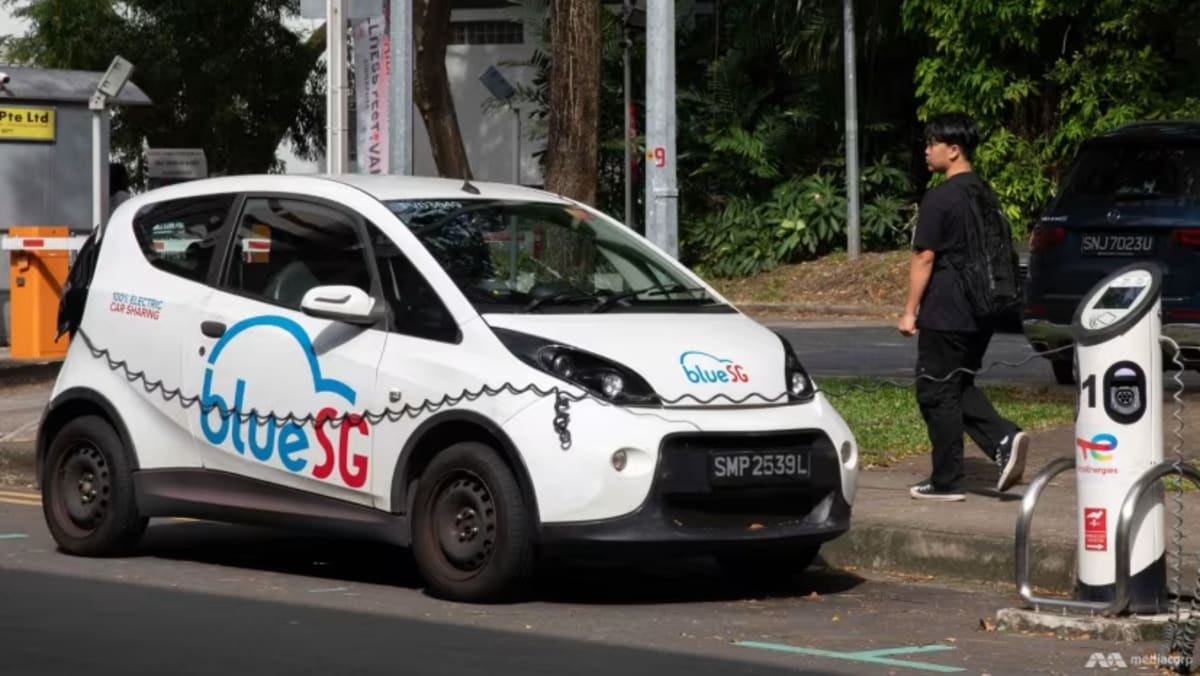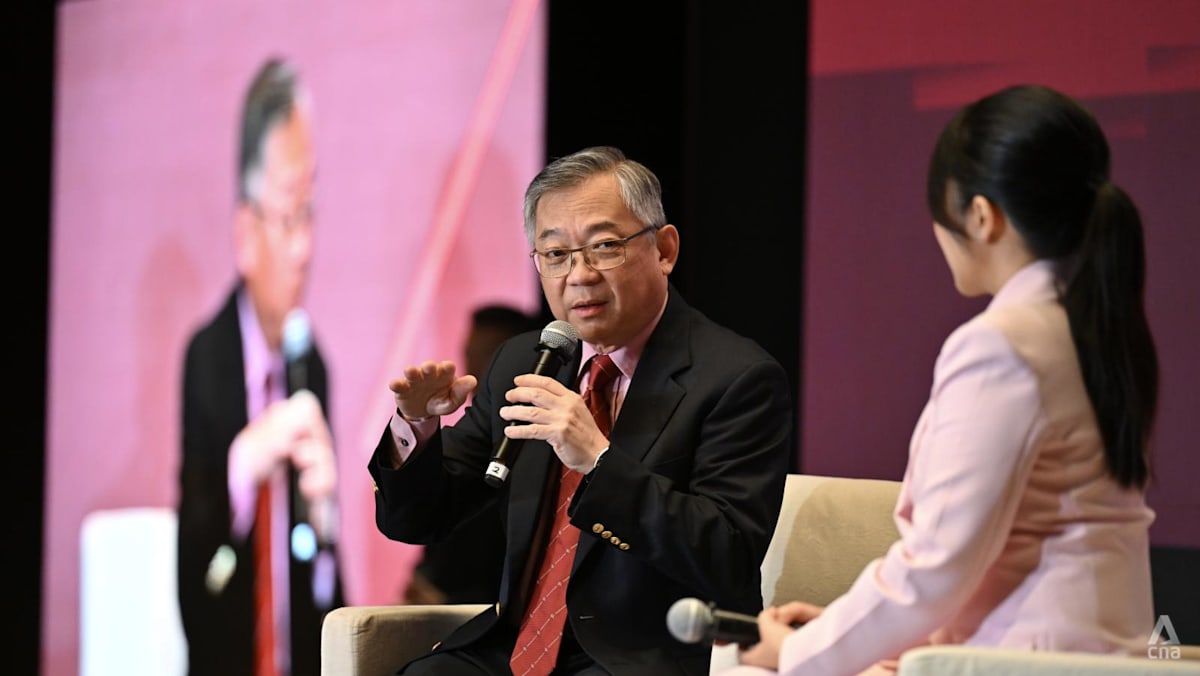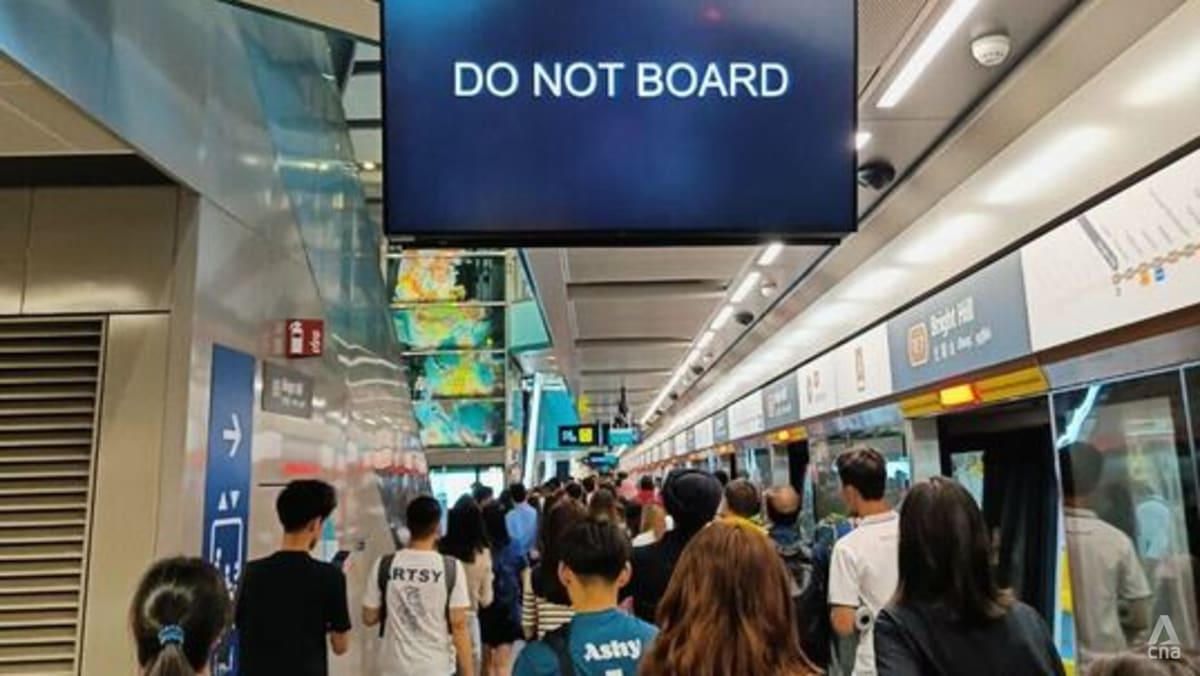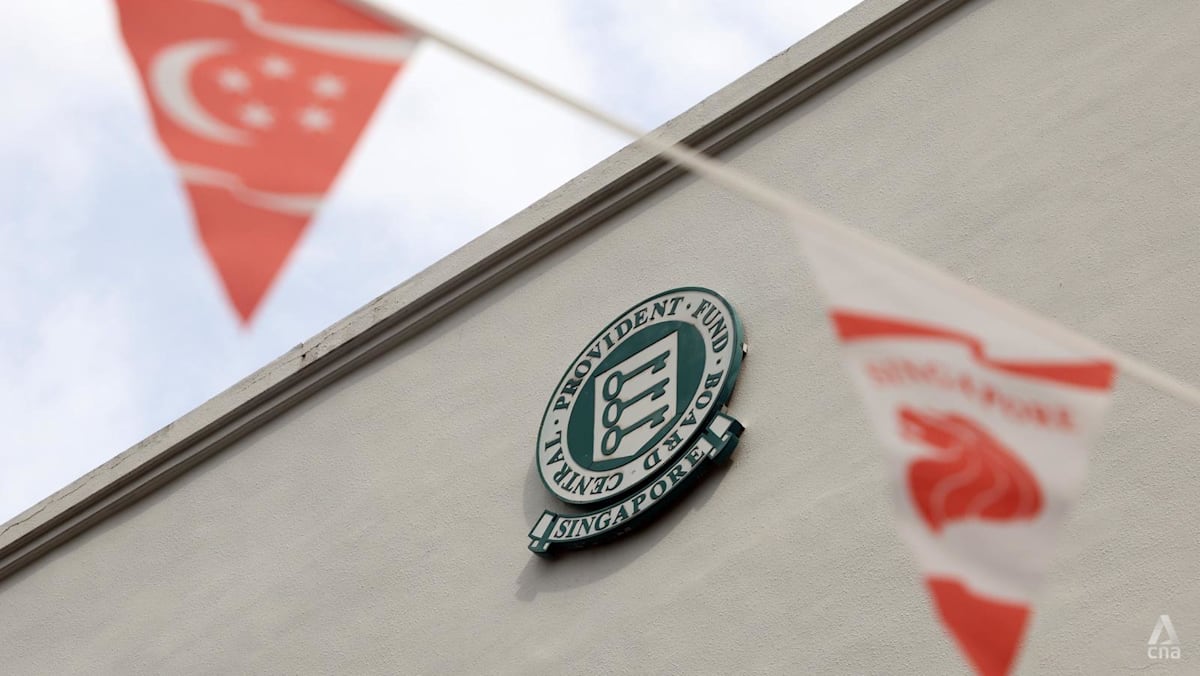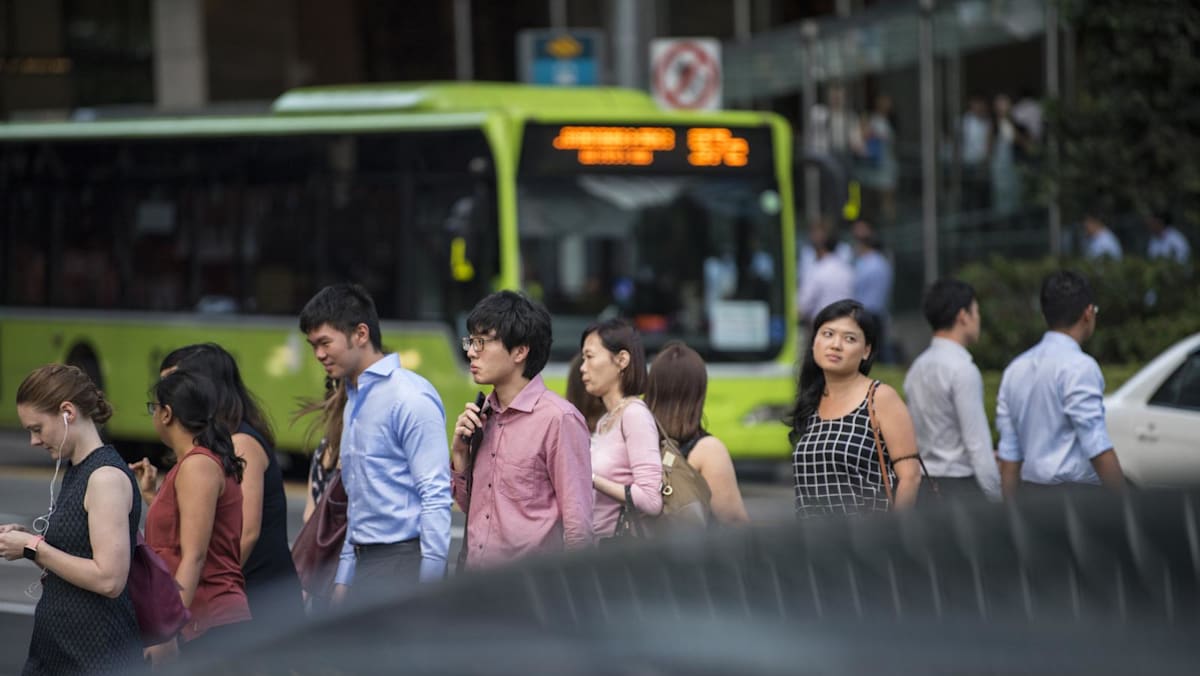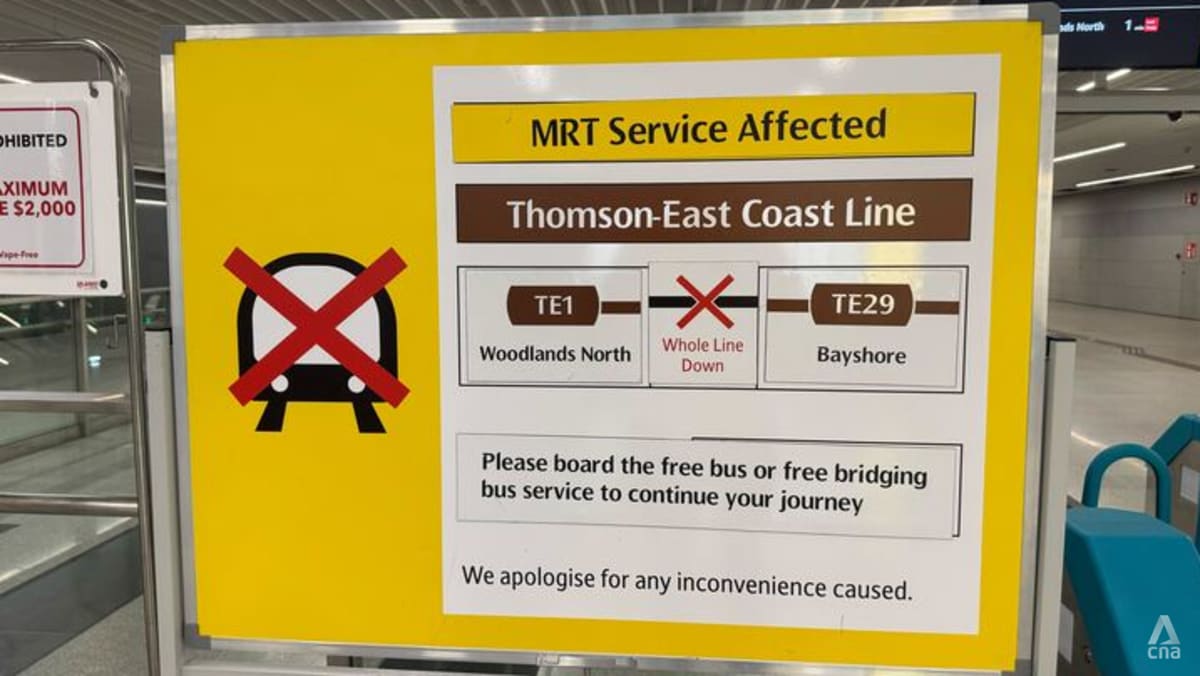SINGAPORE: BlueSG’s move to suspend operations were likely influenced by losses caused by an ageing fleet, but its brand could take a hit from such a move even as the Singaporean car-sharing service plans a return in 2026, experts say.
The firm on Monday (Aug 4) announced a sudden “strategic pause” of their electric vehicle (EV) point-to-point car-sharing operations starting from Friday, as it works to upgrade its infrastructure.
BlueSG will also be laying off a portion of its workforce, though it did not state how many will be affected.
Its new service will involve a new platform, a refreshed fleet with a new range of vehicles, an expanded network of pickup and drop-off points, as well as “greater reliability and a smoother user experience”, the company said.
BlueSG is the only car-sharing platform that offers point-to-point services in Singapore.
“They could have just continued operations and added the right vehicle fleet mix and changed policies and so on,” said Associate Professor Walter Theseira at the Singapore University of Social Sciences.
“But my suspicion is that they must have concluded that the cost of continuing to keep the fleet in operation as well as operating costs just vastly outweighed any benefit in (operating for) the next couple of months,” he added.
“It was better to draw a line underneath this and then change everything.”
Agreeing, Associate Professor Jawn Lim from the Singapore Institute of Technology likened BlueSG continuing operations while revamping infrastructure to “moving into a half-renovated home”.
“The issues from an incomplete and dusty interior could be more disruptive than waiting until the renovation is fully completed and cleaned,” he said.
“There may be more costs incurred to maintain the current BlueSG service than taking the ‘strategic pause’.”
BlueSG’s annual financial statement from the Accounting and Corporate Regulatory Authority (ACRA) website showed a net loss of S$31.1 million (US$24.2 million) between January 2023 and March 2024. This was after a net loss of S$11.4 million between January and December 2022.
Auditor EY noted that the company had changed its financial year end from December 2023 to March 2024 – and that the figures were “not entirely comparable” as they now covered a period of 15 months instead of the previous 12-month stretch.
The accounts for the financial year ending March 2025 are not available yet.
Founded in 2017, BlueSG was sold in 2021 to Goldbell, a local vehicle leasing company. Goldbell announced then that it would be investing S$70 million in BlueSG, and even expressed hopes for overseas expansion.
According to its financial statement, Goldbell recorded a profit of S$24.2 million between April 2021 and March 2022; and S$6.2 million between April 2022 and March 2023.
But between April 2023 and March 2024, it recorded a loss of S$3.4 million.
Asked by CNA about the move to suspend operations and the role played by mounting losses, BlueSG CEO Keith Kee said the decision “stems from a forward-looking review of how best to meet the evolving demands of shared mobility in Singapore”.
While pausing operations could help save costs, intangibles such as consumer trust in the BlueSG brand could be hurt, said Professor Lawrence Loh, director of the Centre for Governance and Sustainability at the National University of Singapore (NUS).
“Whether they are upgrading or not, a total stoppage will result in lost revenue, lost users and given the layoffs … it will have an impact on the credibility of the company,” he said.
Mr Kee said “serious consideration” was given to keeping the BlueSG service running while rebuilding in parallel.
“But (we) ultimately recognised that this would divide our efforts and risk further disruptions for users,” he added. “Taking a short, planned pause now gives us the focus needed to return faster – and stronger.”





